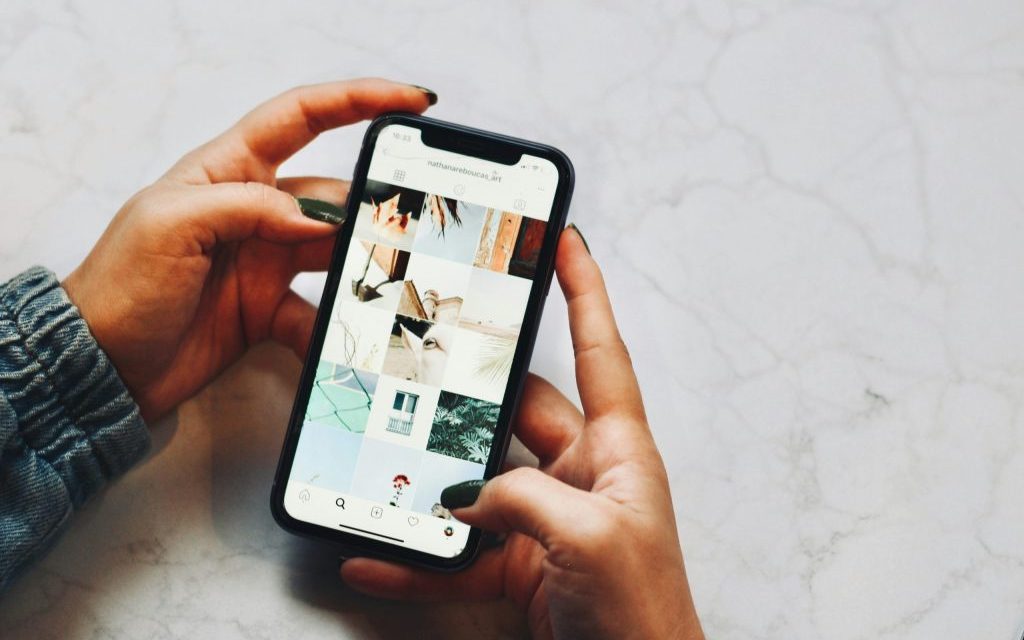By Tashi McQueen
AFRO Staff Writer
Debate is growing as states consider banning cell phone use during the school day.

The Illinois Legislature is currently considering a bill that would restrict cell phone use during class time. A bill similar to this was enacted in Florida in 2023. According to the National Center on Education Statistics, 76.9 percent of schools had banned non-academic cell phone use during school hours as of 2022.
“I am competing with the technology right at their fingertips and trying hard to get them engaged and keep them engaged,” said Carletha Becton, a Chicago Public School English teacher and a Surge Chicago 2025 Fellow. “It’s exhausting.”
A Surge Chicago Fellow is part of a cohort of educators of color who participate in 10 months of leadership building, racial healing and other activities to help improve their ability to lead and teach youth.
“My kids find it difficult to unplug from their devices even though they know they should,” said Becton. “They know the phones are hindering them, but the toxic attachment is real.”
Despite her experience with the negative aspects of phones in the classroom, she is not totally against them.
Chicago Public Schools counselor JaKendra Williams is firmly on the side of a ban, however.
“I am in support of cell phone restrictions in school and feel 100 percent supported by my administration and school district regarding cell phone restrictions,” said Williams, a Surge Chicago 2025 Fellow.
Williams explained further how she’s seen phones impact the students at her school.
“From bullying in group chats to recording and taking photos of people without permission and posting on social media, cell phones in schools significantly impact the school’s climate,” said Williams. “I had a student find out their brother was shot at another school via Facebook Live. This caused an uproar over the campus, and adults were the last to know.”
She said this scenario put the adults in a reactive position instead of a proactive one.
“Having cell phone restrictions, in the long run, will aid our students in learning how to unplug from screen time, mastering being present in social interactions and growing the skills of finding a healthy balance between cell phone and social media usage,” she said.
Becton is open to new ways of teaching and learning, which she says teachers must do, though she is still learning.
“The cell phone battle has forced me to stretch my pedagogy to include digital literacy, personalized and interactive learning experiences and other ways to incorporate cell phone use in my lessons,” she said. “Cell phones are not going anywhere. Teaching, like any profession, has to evolve.”

The post Educators weigh in on student cell phone use in the classroom appeared first on AFRO American Newspapers.









